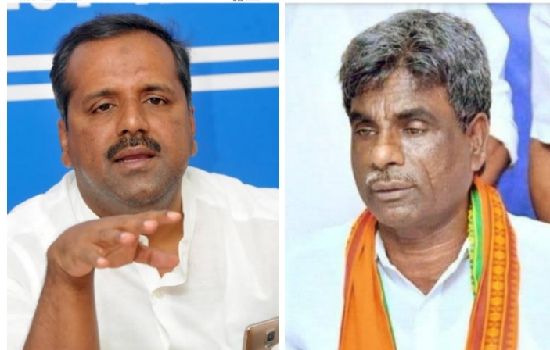After successfully bringing out the first ‘Beary-Kannada-English’ dictionary, the Karnataka Beary Sahitya Academy has proposed the introduction of the dialect as an optional third language in schools across Karnataka. The Academy is now planning to bring out a Beary grammar book, after which it may exert pressure on the government to consider the new demand.
The state government has already paved way for Tulu and Konkani to be studied academically as third languages, and the students are doing well.
President of the Academy B A Mohammed Haneef said: “There are about 15 to 20 lakh Beary language speakers in Karnataka. A language like Sanskrit, spoken by about 15 thousand people, has a national recognition today. Beary also needs to be recognized and preserved. The best way to do it is to educate children who can carry it forward.”
“Once the grammar book is released, we will approach the Department of State Educational Research and Training (DSERT). We hope to look into the problems of teaching Beary in schools and fix them in the coming days with the help of the state government. We will hopefully be able to get Beary as an optional third language by the next academic year,” Mr Haneef told coastaldigest.com.
He added that the youngsters are the ones who can help in saving a language or a culture and there is no better way to than to get it as a part of their education to instill it in them.
Youngsters of Mangaluru, who belong to the Beary speaking community feel the same. “I would have learnt the language better and explored it more if it was a school subject. Beary has a lot of literary works that we do not read as we tend to read English or sometimes the languages we had in schools,” said Zayn (name changed for anonymity). “As residents of Dakshina Kannada, we hear Tulu and Malayalam spoken everywhere. Beary borrows words mainly from these. Grammatically, it is closely relatable to Tulu and will hence be very easy to be picked up too. Children should be encouraged to learn Beary,” said another Beary boy.
“A dictionary consisting of 860 pages and about 20 thousand Beary words has been published successfully by the Academy. This is a big step for the Academy and will also help preserve the language,” said Chandrahas Rai, the ex-registrar of the Academy.




Comments
Should not give choice to select optional language. Because students will not learn new language. In many cases, students will choose only thier safe zone language, which is they learnt already
Good initiative
Why Beary?
Govt should do something to avoid closing of Kannada medium govt schools. Then do rest
First something to do to make compulsary Kannada learing. Christian management colleges not following compulsary kannada learning.
Add new comment